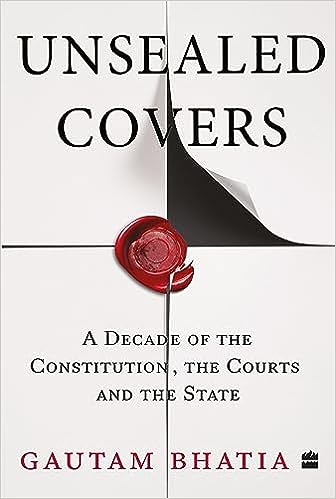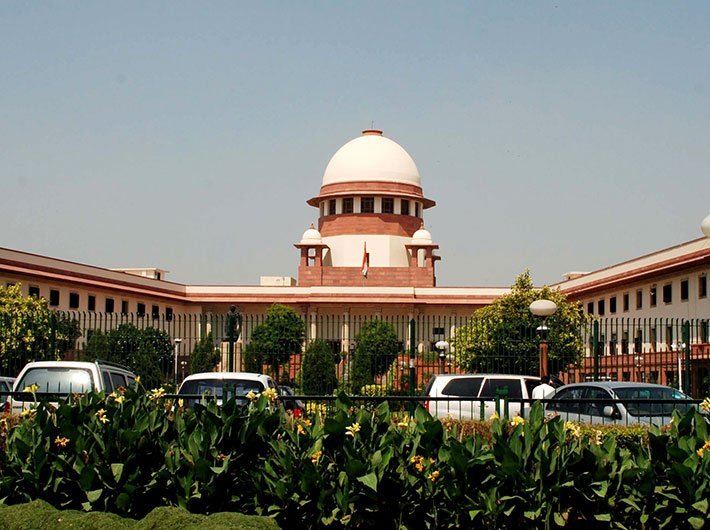Gautam Bhatia’s new work analyses key cases that have reshaped our understanding of the constitution
Unsealed Covers: A Decade of the Constitution, the Courts and the State
By Gautam Bhatia
HarperCollins, 496 pages, Rs 699.00

Gautam Bhatia, well known for his authoritative ‘The Transformative Constitution: A Radical Biography in Nine Acts’ (2019), has emerged as a leading commentator and explainer for the complicated matters of constitutional law. In August 2013, the Rhodes Scholar with an LLM from Yale University had started a blog, ‘The Indian Constitutional Law and Philosophy Blog’ (https://indconlawphil.wordpress.com/).
It was a timely move. A year later, there was a new government, with an absolute majority after about three decades, and as it started to revise the national agenda, there often cropped up issues relating to the constitutional law. The ruling regime’s vision of nation-building along with its masculine nationalism regularly triggered debates and placed the role of the judiciary in the limelight. The Supreme Court then came to deliver the main headline of the day quite frequently.
The government retained the power in 2019, and the decade that will end next year has been a time when some of the fine lines dividing the democratic institutions have been redrawn, the equations holding them in a network of checks and balance have been redrafted.
The IndConLawPhil blog has been regularly commenting on these developments, for ten years now. Usually it was Bhatia whose detailed posts enlightened the readers about the issues at stake, though there were contributor posts too – all totaling 992 or close to two a week.
“Writing about the Indian Constitution in these last few years has not always been easy on the soul, or on the heart. But in the bleaker moments, the words of the Kenyan civil rights lawyer, Waikwa Wainyoke, serve as a little star of Eärendil: Wainyoke recounts asking Pheroze Nowrojee (one of the doyens of Kenyan civil rights law) why they kept challenging the President’s authoritarian actions in court through the dark periods of Kenyan history, when it was clear they would lose every time. To this Nowrojee – as Wainyoke recounts – said: “For the record! Nothing is more powerful in history than the record,” Bhatia wrote on the blog earlier this month. He added: “This thought is cold comfort at times, but cold comfort is better than no comfort. It is also all we have.”
From that valuable record, 52 essays have been selected for publication in the book form. ‘Unsealed Covers’ thus provides a snapshot of the judiciary during a critical decade. Bhatia examines here the actions of the judiciary and its relationship with the government in terms of evolution and chronology. It also comments on some of the most important judgments of the past decade.
The book is divided in three parts, ‘Rights’ (taking up half the space, concluding with a section on Kashmir after Article 370 – a matter before the apex court right now), ‘Constitutional Structure’ and ‘The Judiciary’.
“The purpose of this book is not to draw any grand conclusions about the judiciary or the state of Indian constitutionalism,” the author notes in his introduction. “Rather, the central focus of this book is to highlight the ways in which the Constitution remains a contested terrain—and which have everything to do with power and powerlessness, who wields power and who is subjected to it, and the actions of those whose task it is to mitigate the impunity of power.”
Pitched that way, ‘Unsealed Covers’ will be of great interest to the community of people called concerned citizens, apart from students and practitioners of law. And future historians.
